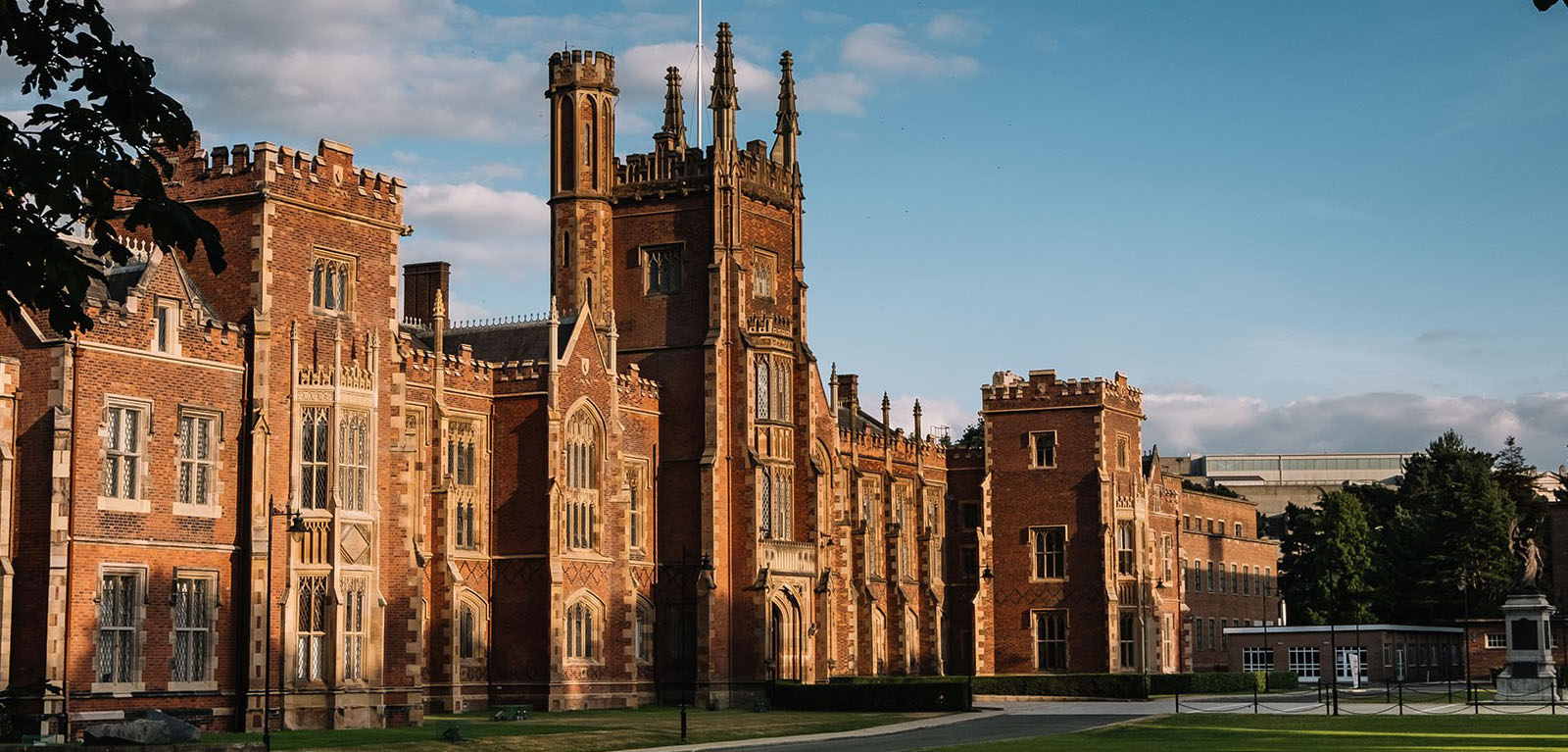Report highlights best practice in relationship education for youths with intellectual disabilities
A new report, launched today, lays out guidelines for best practice for relationship and sexuality education (RSE) for children and young people with intellectual disabilities.

The research is a joint project between Queen’s University Belfast, Glasgow University and Trinity College Dublin, and was funded by the Burdett Trust for Nursing.
The results were presented today by the lead researchers at an event at Queen’s University.
These best practice guidelines will be used to enable health and other professionals to develop, implement and evaluate RSE programmes specific to the needs of children and young people with intellectual disabilities in special schools.
Lead researcher on the project, Professor Michael Brown from the School of Nursing and Midwifery at Queen’s University Belfast explains: “Children and young people with intellectual disabilities experience specific and distinct barriers regarding developing and sustaining relationships and in the expression of their sexuality.
"While some Relationships and Sexuality Education programmes do exist for this population, it is unclear what content is currently being delivered in special schools and if and how the success of these programmes can be evaluated.”
The project involved eight special schools across England, Northern Ireland, Scotland and Wales. In-depth qualitative and focus group interviews were undertaken with children and young people, parents, and professionals including health, social care and education practitioners.
The pupil, parent and professional interviews and focus groups explored experiences and understanding of relationships; sexuality and consent; experiences of RSE programmes; identifying topics for inclusion in an RSE programme; and previous examples of good practice and methods of delivery.
Analysis of the data from the interviews and focus groups identified three themes; initial planning and preparation; delivery of RSE; and evaluation of RSE.
Findings include:
· Children and young people with intellectual disabilities want education and information to develop their knowledge and understanding regarding friendships, relationships and the expression of their sexuality;
· Parents of children and young people with intellectual disabilities recognise the need for their children to have access to education that is tailored and specific to their individual needs;
· A range of professionals are involved in the development and delivery of RSE programmes, adopting creative teaching and learning approaches.
Arising from this study, the research team have received further funding from the Medical Research Council, Public Health Intervention Development (MRC PHIND) and the Northern Ireland Research and Development Fund to co-develop a RSE programme for children and young people with intellectual disabilities.
Subsequently, a future funding proposal will be developed to test the effectiveness of the newly developed programme.
Dr Freda McCormick, Research Fellow on the project from the School of Nursing and Midwifery at Queen’s University Belfast, comments: “This is one of the largest studies where the voice of children and young people with intellectual disabilities is heard. The research team are grateful to those involved who have enhanced the study so much through their participation.”